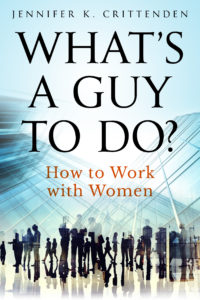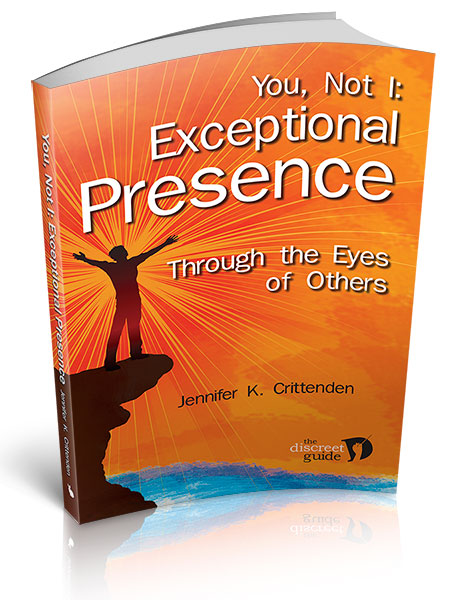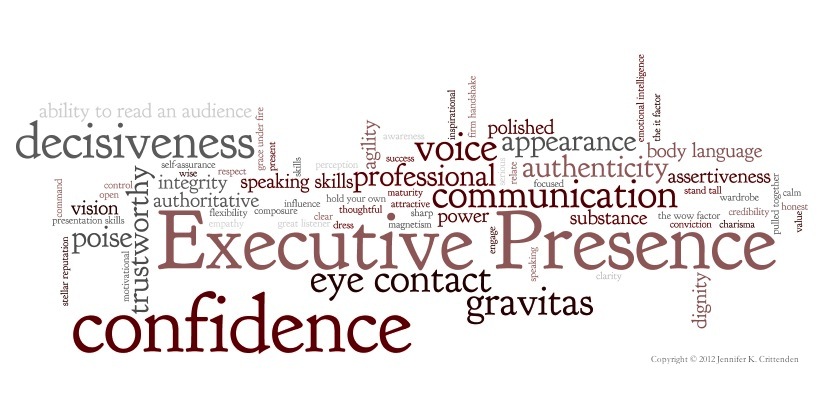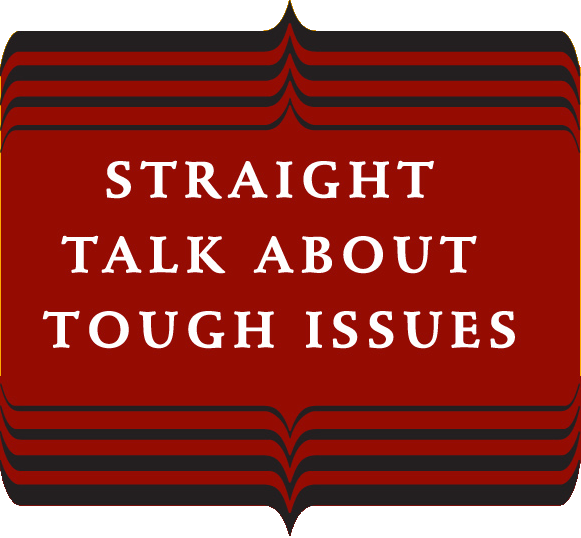Scientifically, your biochemical responses related to performance anxiety are quite interesting. Fright triggers a fight or flight reaction that sets off a chain of hormonal changes in your body, resulting in heart palpitations, butterflies in your stomach, shallow breathing, and a giant surge of adrenaline. These combine to give you sweaty palms, shaking knees, and a wobbly voice. Scary stuff indeed.
I can curiously observe the onset of these physical manifestations in my own body in the moments preceding my performance. I can track the progression of fear as it wends its way through my body, leaving behind the telltale quakes and shakes. As an observer, I am still impressed by the powerful emotions that sweep through me. I try to embrace them and tell myself at least I’m not dead yet.
Many of my clients suffer from stage fright, and I offer special instruction to deal with this common yet unpredictable issue. I find that it’s not realistic to hope to eliminate stage fright; the best we can accomplish in a short period of time is to manage it. As long as it doesn’t keep you from performing, you will get better and, over time, it will become less of a hindrance.
Physically, you can take action to offset some of the symptoms of stage fright. Take deep long breaths to counteract the panicked short breaths triggered by the fight or flight response. If you are frozen in fear, move your body to relax tense muscles and dissipate energy. Loosening jaw muscles will help you prepare to speak with a loud, firm voice. Steeling your nerves can tighten resolve and set aside thoughts of flight.
Alternatively, Barry Green wrote in The Inner Game of Music that, as an experiment, he consciously tries to exaggerate the physical reactions to stage fright, to see if he can make his heart pump even faster or force his palms to perspire a little more. It helps him put the fear in perspective and calm down.
Instead of trying to get rid of adrenaline, consider it an aid to a better performance. Adrenaline will give you energy and make you more lively. Your goal is to learn how to use it for positive purposes; and with experience and an accepting attitude, you will. When your heart starts to pump and you begin to perspire, say to yourself, Well, hello Adrenaline, my old friend. Welcome.
Amy Cuddy, a professor at Harvard, conducted a study in which participants made their bodies bigger before a performance by stretching, spreading out their arms and legs, standing tall, and raising their arms above their heads. Compared to participants who did not engage in such gymnastics, their levels of testosterone (a hormone related to aggression) were significantly higher, and their levels of cortisol, the so-called “stress hormone,” were significantly lower. We haven’t proven that testosterone makes you perform better in the corporate world, but I wouldn’t mind walking onto the stage with a little extra sauce. Consider spending two minutes before a performance practicing such power poses, to make yourself feel more powerful and less worried.
Stage fright can be unpredictable, reappearing at times when we don’t expect it, in venues we thought we were comfortable in, or in front of audiences we know and like. So be it. Its reappearance won’t throw us off our path because we are familiar with it, and we know how to handle it. While we may think we would prefer to be completely at ease and relaxed in front of an audience, it may not be in our best interest. An overly confident speaker may come off as arrogant, forgetting his audience is paying him great respect and he should return the love with a humble performance.
Remember that the members of your audience want you to succeed. They don’t want to have to cope with your failure, so they are on your side. Think of them as partners and copilots in the experience.
Here are some mental and physical tricks you can use to manage stage fright:
Work Out
Let go
Take deep breaths
Eat a healthy snack
What’s the worst that can happen?
Listen to your message
Make eye contact
Work Out 🙂
Body movement
Drink water
Chat with audience members beforehand
Get a good night’s sleep
Practice acceptance
Observe physical symptoms
Schedule a postevent celebration
A hammering heart can be interesting.
Work Out
Be prepared
Use a mobile microphone, not a handheld one
Focus on the audience’s needs
Concentrate on the job at hand
Drink a cup of tea
Yawn
Think about your two most important points
Visualize being congratulated for a great speech
Relax your body
Smile
Consider how quickly this will pass
Focus on enjoying the experience
Stand tall / make yourself big
Stretch
Do jaw-loosening exercises
Make big gestures
Get the audience to engage early
[This is an excerpt from You, Not I: Exceptional Presence through the Eyes of Others]
© 2014 Jennifer K. Crittenden





 Ten 90-minute individualized sessions. Private and confidential.
Ten 90-minute individualized sessions. Private and confidential.

